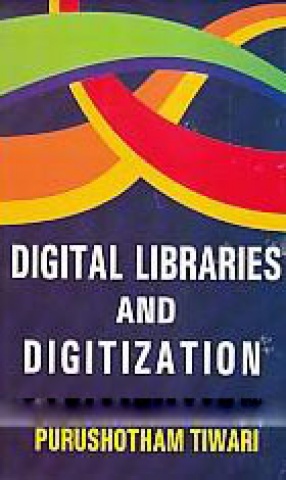
Purushotham Tiwari

Showing all 20 books

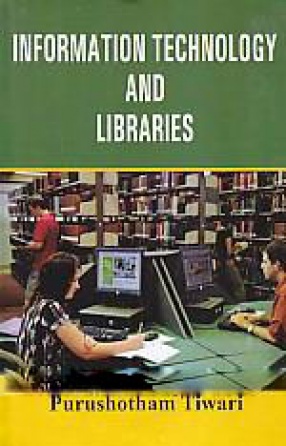
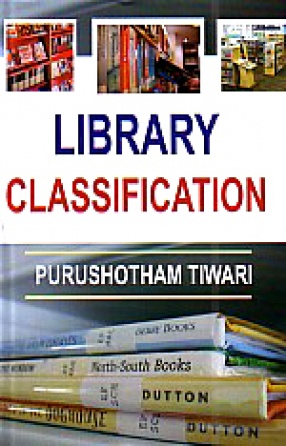
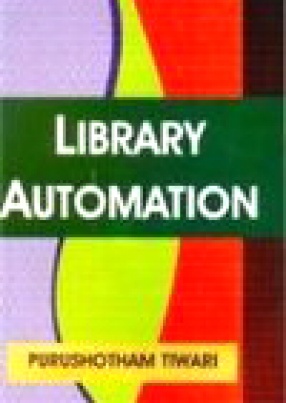
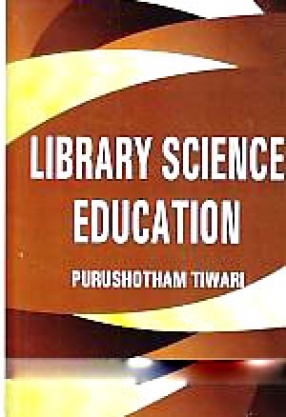
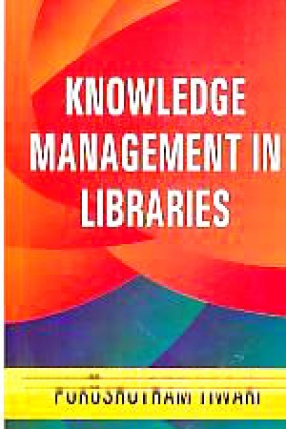
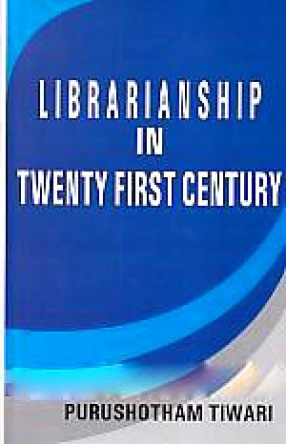
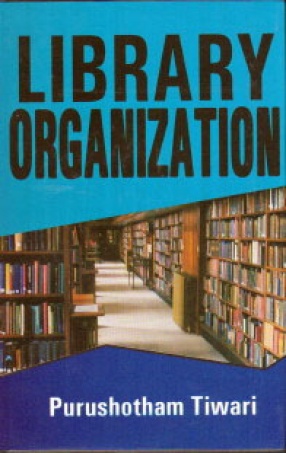

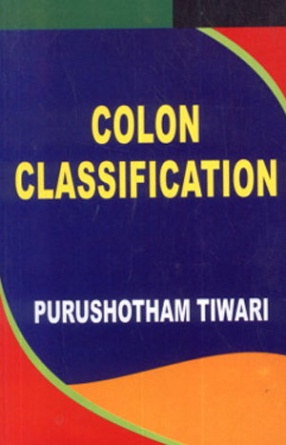
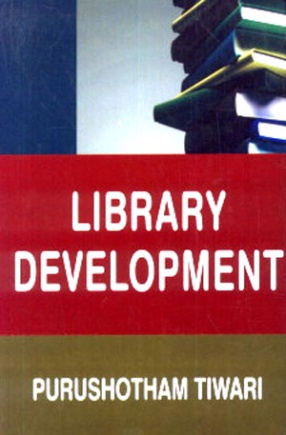
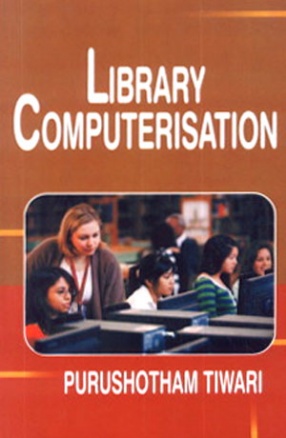
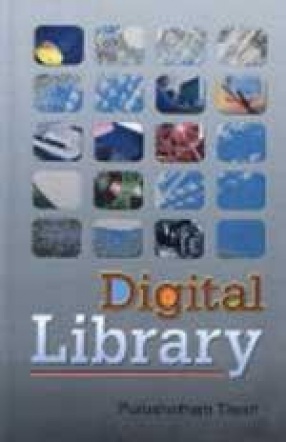




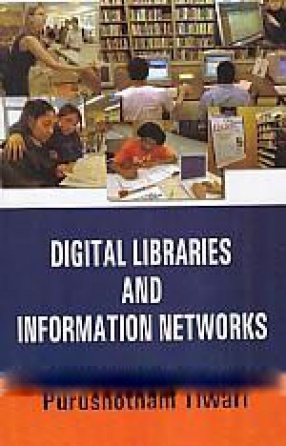







This publication provides readers with an introduction to library organization with focus on classification and nomenclature. It also deals with important elements and processes in library organization. Focus also lies on role of knowledge organization systems in library organization. An overview of library organization around the world is done. A comparative study of Indian and British systems is given. Extra focus lies on role of library professionals in ...

This book provides an introduction to library administration and management. An overview of library science is given highlighting the archival and informatics aspects. Major elements and steps in library administration and management are discussed. Focus lies on preservation and digital information infrastructure. Select library and information scientists are described as case studies. Main functions involved in library administration and management are presented.
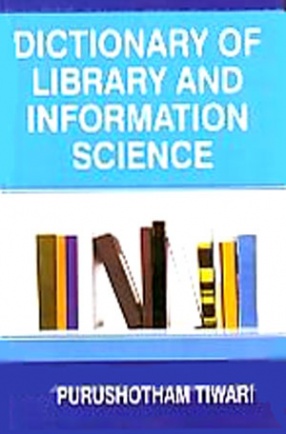

Colon classification (CC) is a system of library classification developed by S.R. Ranganathan. It was the first ever faceted or analytico-synthetic classification. The first edition was published in 1933. Since then six more editions have been published. It is especially used in libraries in India.Colon classification has revolutionized thinking in library classification and stimulated new research in the field. This classification system is suited to small and ...

A library is a collection of information, sources, resources and services, organised for use, and maintained by a public body, an institution, or a private individual. With the collection of media other than books for storing information, many libraries are now also repositories and access points for maps, prints or other documents and artworks on various storage media such as microfilm, microfiche, audio tapes, CDs, cassettes, video tapes and DVDs, and provide ...

The use of computers and associated peripheral media such as magnetic tapes, disks, optical media etc. and utilisation of computer-based products and services in the performance of library functions is know as library automation. The utilisation of computer and related techniques make the provision to provide the right information to right reader at the right time in a right form in a right personal way. Automation of library activities provides the services very ...
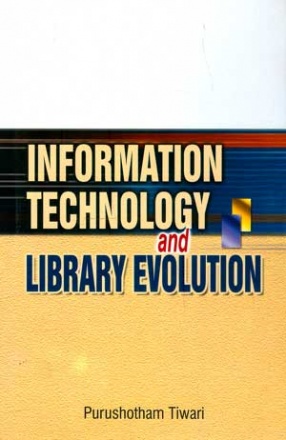
The new information and communication technologies, undoubtedly, has changed the way the library has existed through thousands of years. These changes are a part of the evolution that has been occurring over thousands of years. The challenges imposed by new technologies, as much as they may seem unprecedented and unique, are merely the latest knot in a string of uninterrupted changes and adaptations taking place since the first libraries appeared in the ...

A digital library is a library in which a significant proportion of the resources are available in machine-readable format, accessible by means of computers. The digital content may be locally held or accessed remotely via computer networks. Digital libraries can immediately adopt innovations in technology providing users with improvements in electronic and audio book technology as well as presenting new forms of communication such as wikis and blogs. Impact of ...

A library is a collection of information, resources, and services, and the structure in which it is housed. It is organized for use and maintained by a public body, an institution, or a private individual. Modern libraries are increasingly being redefined as places to get unrestricted access to information in many formats and from many sources. In addition to providing materials, they also provide the services of specialists, librarians, who are experts at ...

Library classification forms part of the field of library and information science. It is a form of bibliographic classification. It goes hand in hand with library cataloguing under the rubric of cataloguing and classification, sometimes grouped together as technical services. Classification systems in libraries generally play two roles. Firstly they facilitate subject access by allowing the user to find out what works or documents the library has on a certain ...

Library and information science has endeavoured down through the ages to the present time to fulfil the needs of library users. Due to enormous increase in users and changing times, libraries are facing intense pressure and expectation of users. The main aim of modern libraries is to provide ready access to acquire the required information at a faster rate. The present book evaluates the development, issues and trends in library science down from its inception to ...
